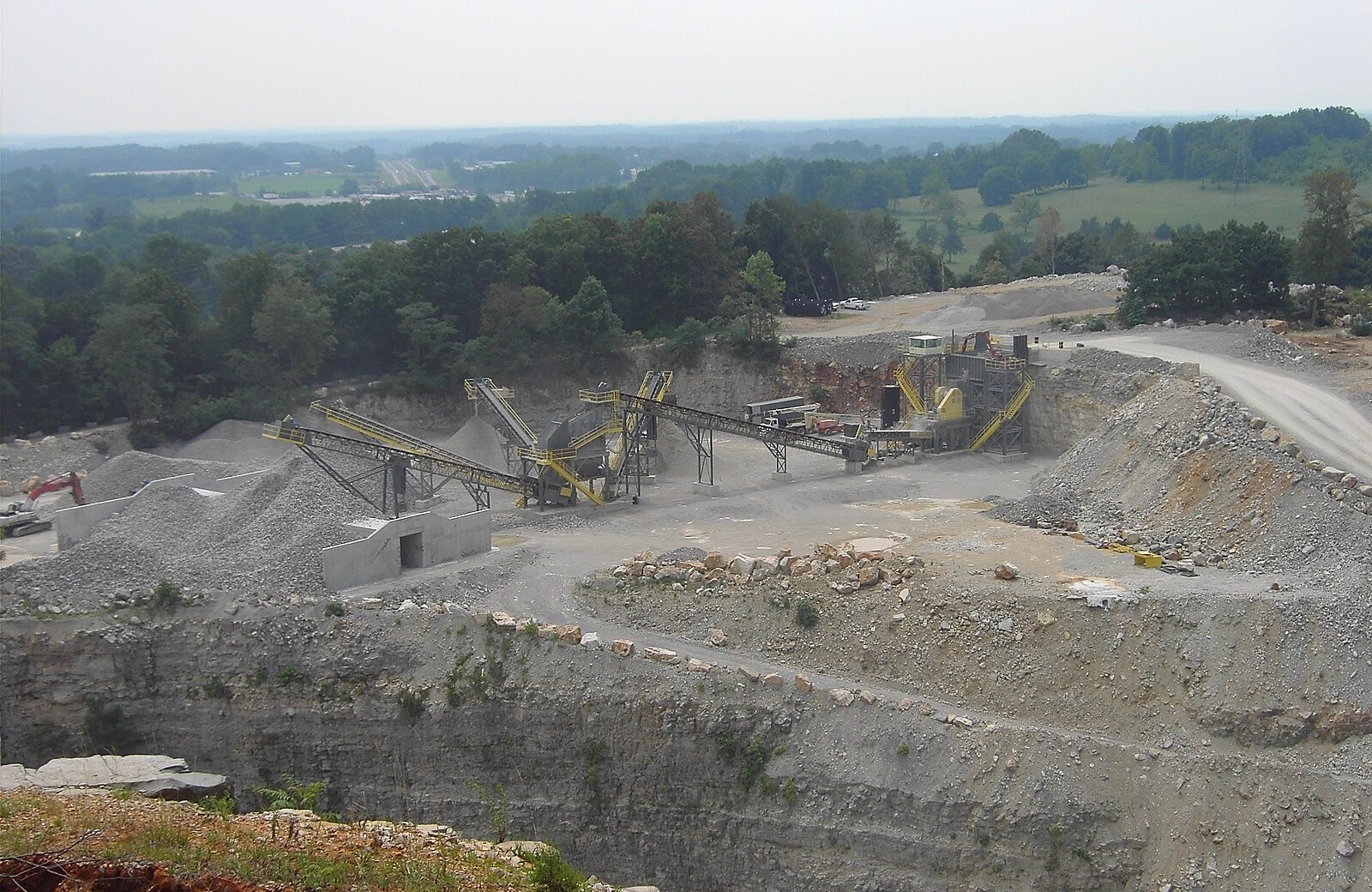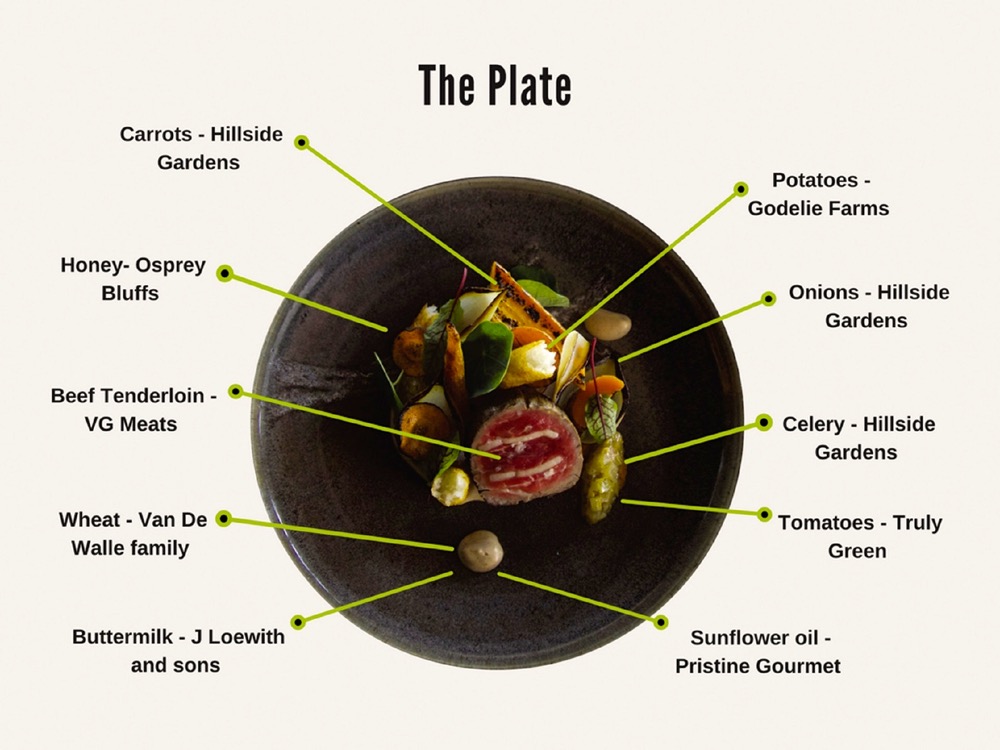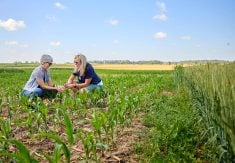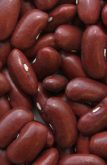“My opinion is that the farmers don’t actually know the fight they’re in. They just know they’re in a fight.”
That’s how soon-to-graduate University of Guelph ag business student Dylan Sher describes his goal in spending the past year writing and helping create the feature-length documentary film “Before the Plate,” which celebrated its premiere screening at the Isabel Bader Theatre in Toronto on Aug. 5.
The film takes a “100-kilometre diet” entrée created by the critically acclaimed head chef at Toronto’s Canoe Restaurant, and follows each ingredient out into the farm field, greenhouse, livestock barn or beehive from which it originated.
Read Also

Melancthon faces a new quarry fight over water, environment and farmland risks
A proposed Strada blast quarry in Melancthon, Ont., sparks regional debate over water protection, farmland sustainability, and Ontario’s aggregate policy.
Why it matters: Before the Plate shines the spotlight on several southern Ontario farmers and processors supplying a range of products, in some cases forcing them to consider concerns that have become prominent in consumer circles in recent years.
Sher told a movie-premiere audience consisting largely of family, friends, Canoe Restaurant staffers, and the farmers showcased in the film, that the idea is rooted in a social media posting back in July of 2016. He had just finished early-morning milking at a friend’s dairy farm, and was reflecting on the release of “some footage (taken by BC animal rights activists) from the dairy industry that really disturbed me.”
The posted-to-Facebook photo shows a carton of Chapman’s ice cream complete with “made from Canadian milk” logo, as cattle in the background contentedly chew their cud. “I think it got about 12 likes,” Sher chuckled.
The ensuing months saw the Bachelor of Commerce student visit farm-based University of Guelph friends from various departments – and various on-farm commodities – to learn more. Postings of those lightly-edited and amateur-filmed conversations constituted “Before the Plate 1.0.”
Filming for “Before the Plate 2.0” began on April 25, 2017. What’s the difference? Aside from this constituting a feature-length documentary as opposed to a series of connectable conversations and being captured by a crew of professionally-trained technicians, perhaps University Guelph President Franco Vaccarino most accurately pinpointed the Version 2.0 essence in his pre-screening introduction of Sher. “The film’s subtitle is absolutely key,” Vaccarino said, adding the finished product ties intricately to an established university strategy of focusing in the coming years on how to sustainably feed a growing world population.
That subtitle? “The questions, the stories and the people behind where our food comes from and how it gets to our plate.”
Farmers/cast members spoken to by Farmtario following the Aug. 5 premiere were unanimous that Sher and his director – childhood friend-turned-Ryerson film school graduate Sagi Kahane-Rapport – had accomplished that goal of answering questions in a non-confrontational and informative manner.
St. Marys-area organic cash cropper Derek Van de Walle said it gave him and his father the chance to show that all types of farmers can face similar challenges in putting high-quality food into the supply chain. Chatham-Kent crop producer Grant Craven described the film as “an opportunity for us to answer the questions . . . and it’s great that those questions are being asked.” And Otterville-area potato/strawberry/vegetable grower Gary Godelie said he was “thrilled” with the end result. “I’ve advocated for a long time that we need to do a lot better job as farmers to communicate to consumers, and . . . this (film) is another very good step in helping that happen.”
Sher, a Toronto-area city kid whose first real interaction with agriculture came when he began studies in Guelph, says he tries to impress upon his farming friends that “your largest critics are actually also your largest supporters.” In many cases, he suggests, consumers who express misgivings about the way food is produced are concerned about corporate control of the food system. They want farmers themselves to be the beneficiaries of their hard work and investment, rather than banks and/or agribusiness corporations.
In deference to this perspective, Sher pledged early on not to approach agribusiness for financial support for the project – a decision he described as “kind of obvious” if he wanted to appeal to food activists and those who are influenced by them. He opted instead for a Kickstarter crowd-sourcing campaign and approaching a few potential sponsors — such as Farm Credit Corporation — he believed to be neutral enough to escape suspicion.
A big part of the often-talked-about rural/urban disconnect, he said, comes in the understanding of how to ensure adequate compensation to the people doing the work in the face of land and livestock consolidation and corporate involvement. Many Ontario farmers don’t agree they must eschew all corporate influence to produce high-quality food in an environmentally-sensitive manner.
Before the Plate aims to bridge this divide, utilizing the easygoing yet very knowledgeable Canoe chef John Horne (a Barrie-area native with farm roots) as the point of liaison for putting the featured farmers on the line to defend their practices, or hopefully force consumers watching the film to re-examine their previously-held beliefs.
No further screenings of the film have been scheduled. It has been submitted to various film festivals but there’s no word yet on selections. Sher says he has received numerous requests from farm groups for screenings, and insists there will eventually be follow-up on some of those requests. But at this point, he doesn’t want to jeopardize his goal of securing a distribution deal. So the best bet for those interested in the film is to watch the Before the Plate website for updates.
Footage and clips from the film can be viewed on the website and on the film’s social media pages on Facebook and Instagram. And the movie’s trailer is available on YouTube.
















